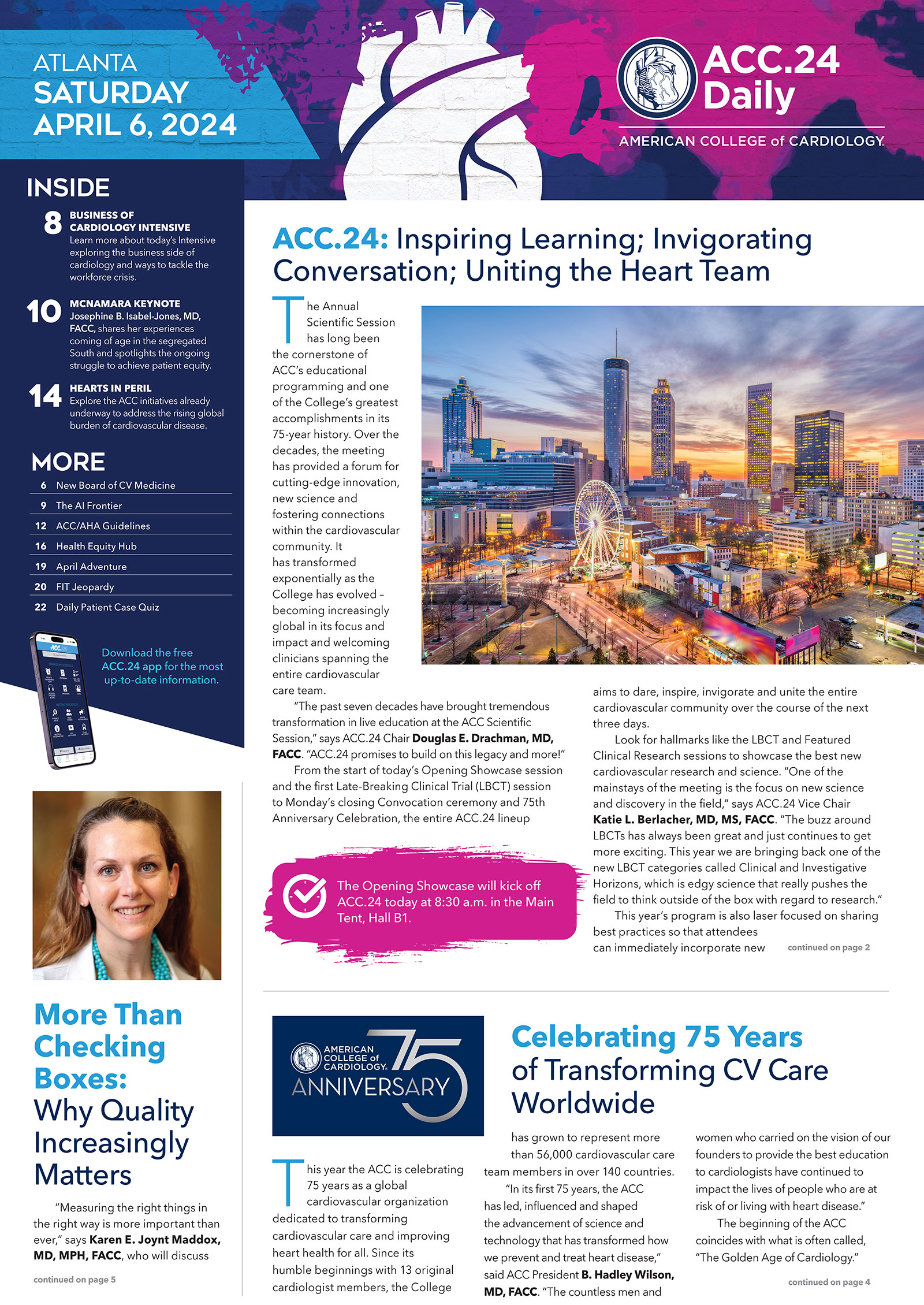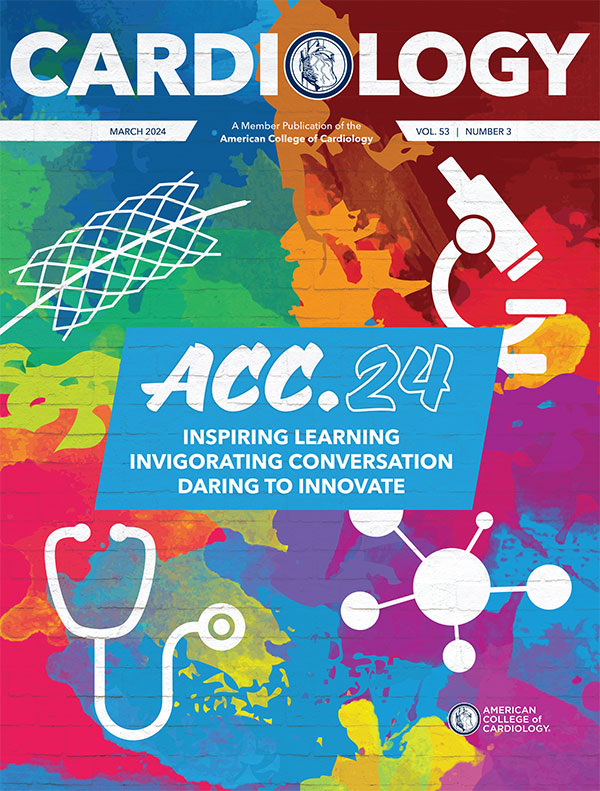Societies Unite to Request a New, Independent Board of CV Medicine
Attaining and sustaining clinical cardiovascular competence is fundamental to providing appropriate, high-value health care and is part of a clinician's ethical and professional duties. Cardiologists have a personal, professional, ethical and public responsibility to stay up to date in their areas of practice, starting with self-identifying their own knowledge gaps and closing them in a formative, constructive way.
While patients and the public can and should expect their physicians to demonstrate clinical competence no matter where they are in their career, the current mechanism for board certification is less appropriate and less relevant for cardiovascular clinicians.

Over the last several decades, cardiovascular medicine has evolved dramatically into a distinct medical specialty separate from the field of internal medicine. This evolution and growth of cardiovascular medicine from a subspecialty within internal medicine to a distinct medical specialty, with its own set of subspecialties and training pathways, requires a new approach to continuous certification and competence.
To that end, the ACC, American Heart Association (AHA), Heart Failure Society of America (HFSA), Heart Rhythm Society (HRS) and Society for Cardiovascular Angiography and Interventions (SCAI) have submitted an application to the American Board of Medical Specialties (ABMS), requesting an independent, self-governed Board of Cardiovascular Medicine. ABMS remains the only authority widely recognized by the public, regulators and payers for initial and ongoing physician certification in the U.S.
If approved by ABMS, the new board would offer initial certification followed with continuous certification for cardiovascular physicians that would focus on convenience, support, choice and credit for the learning that physicians already do to keep their knowledge and skills at the highest level. Importantly, the new Board would be developed and overseen by physicians dedicated to the field of cardiovascular medicine, with transparency into Board operations of the utmost priority.
With the application process still pending and a final decision likely still months away, it is important that physicians continue to use the Collaborative Maintenance Pathway, Longitudinal Knowledge Assessment or the 10-year examination to maintain certification through the American Board of Internal Medicine. If the new Board is approved, a process for initial certification and a seamless transition of current diplomates to the new Board's competency-based continuous certification will be implemented, preserving existing credits and certification status.
Keywords: ACC Publications, ACC Scientific Session Newspaper, ACC24
< Back to Listings

